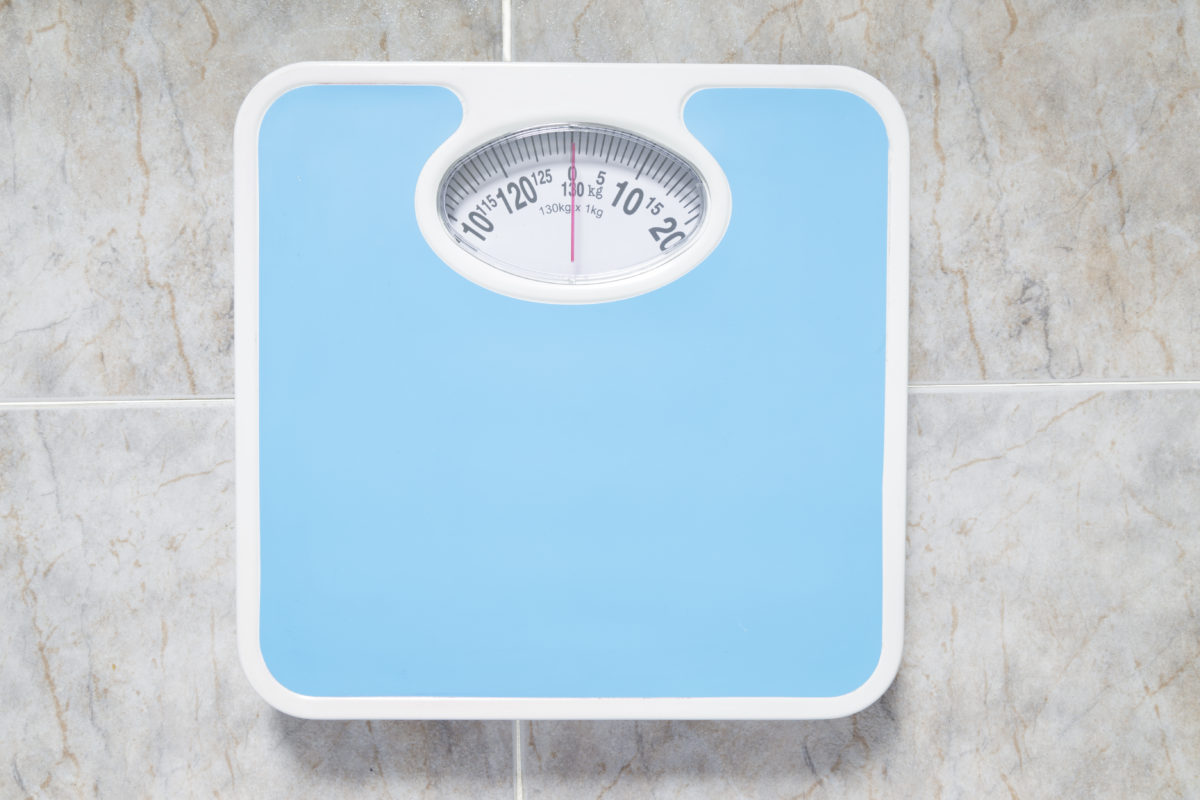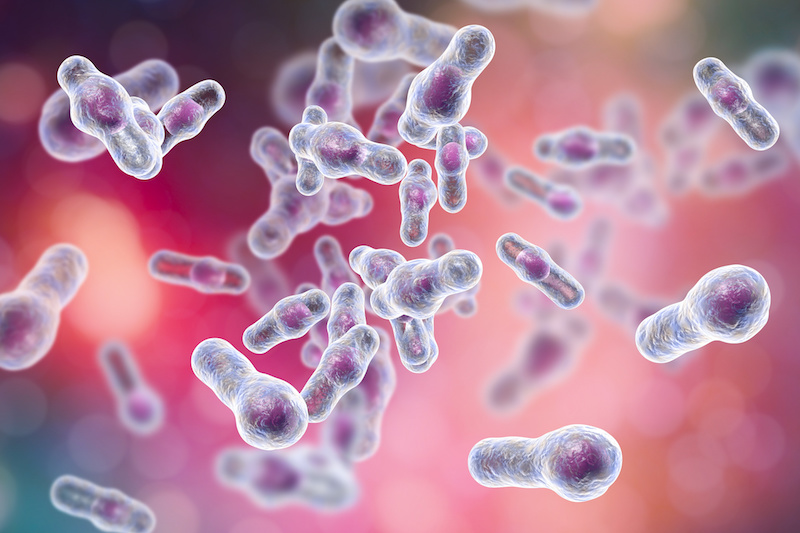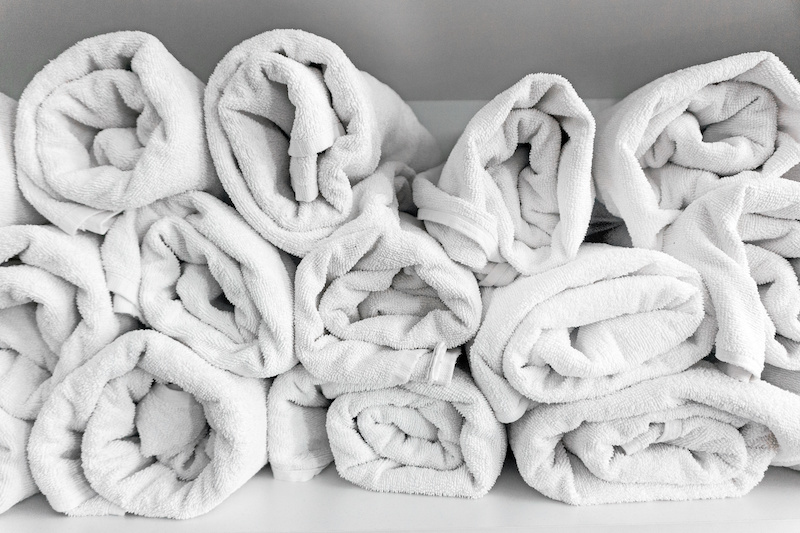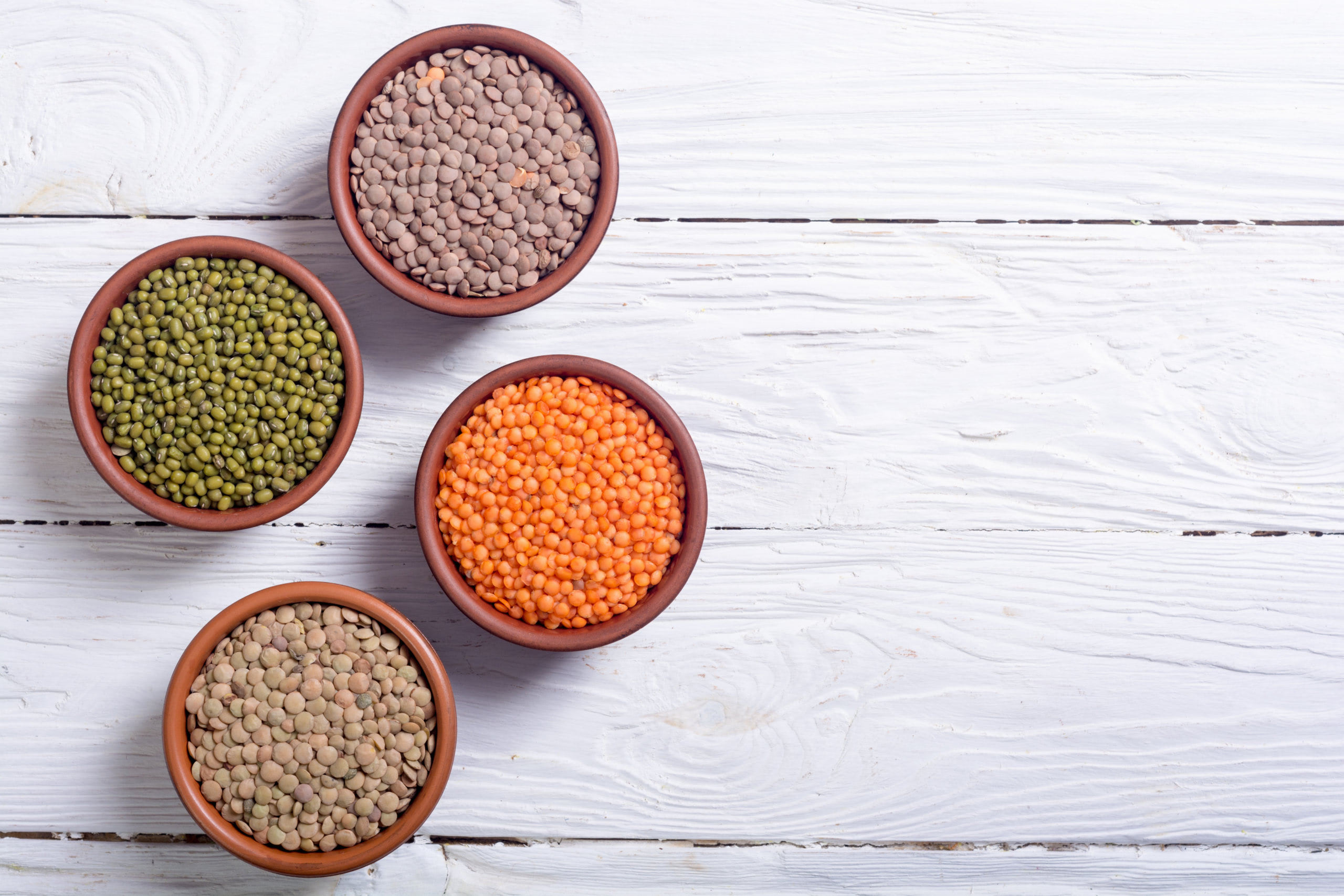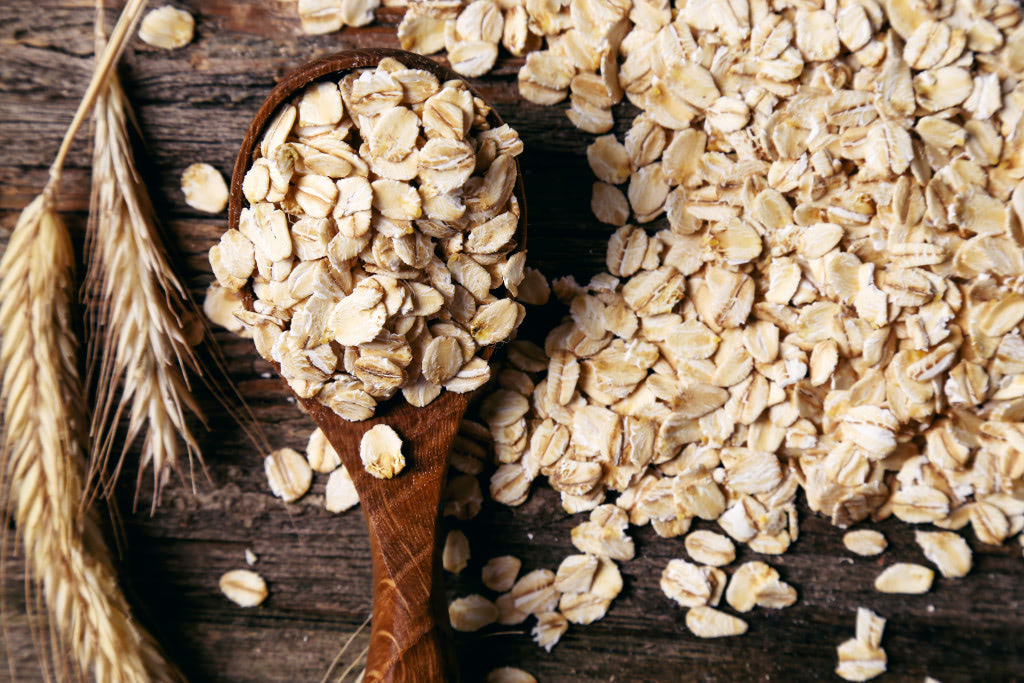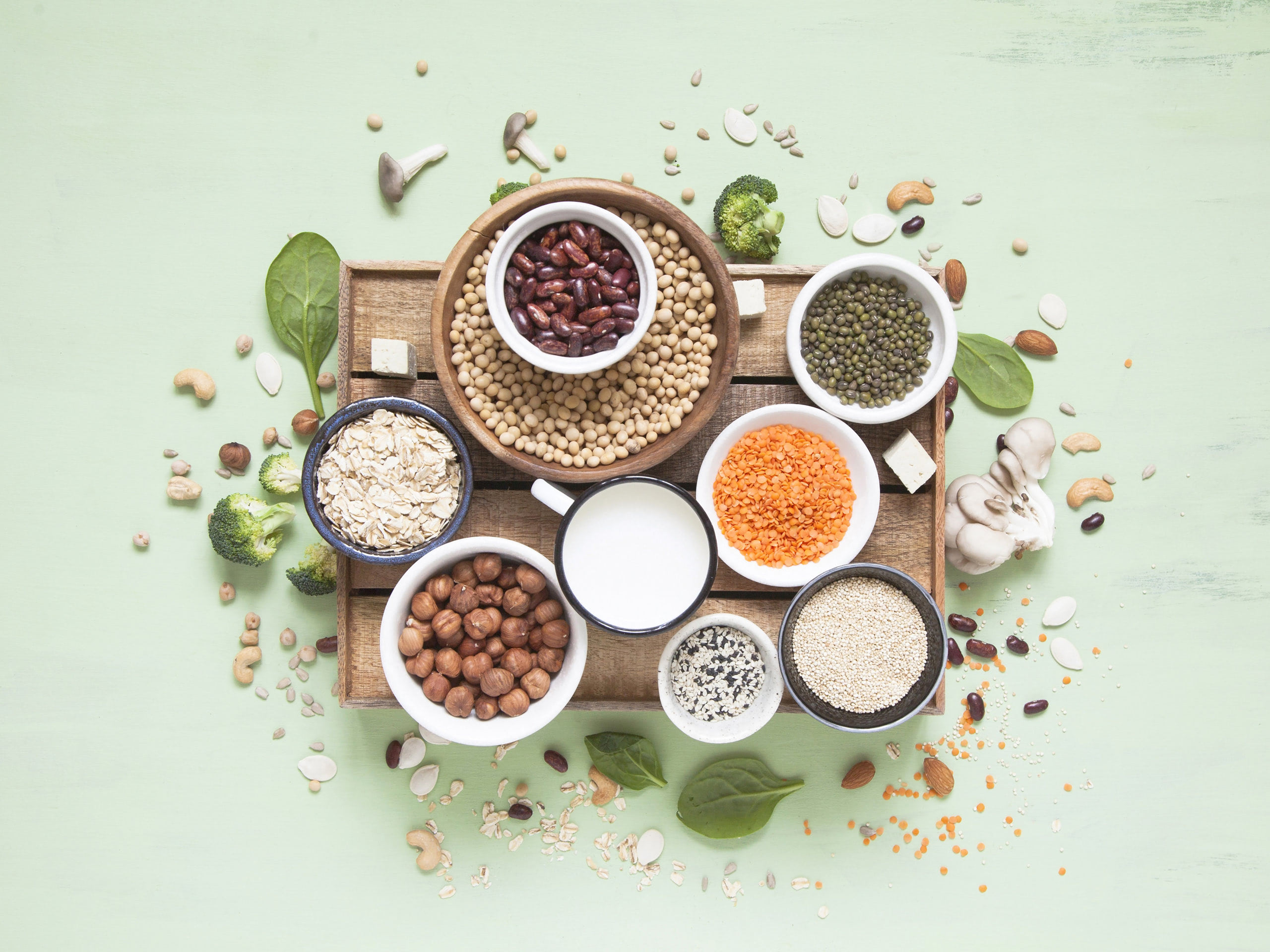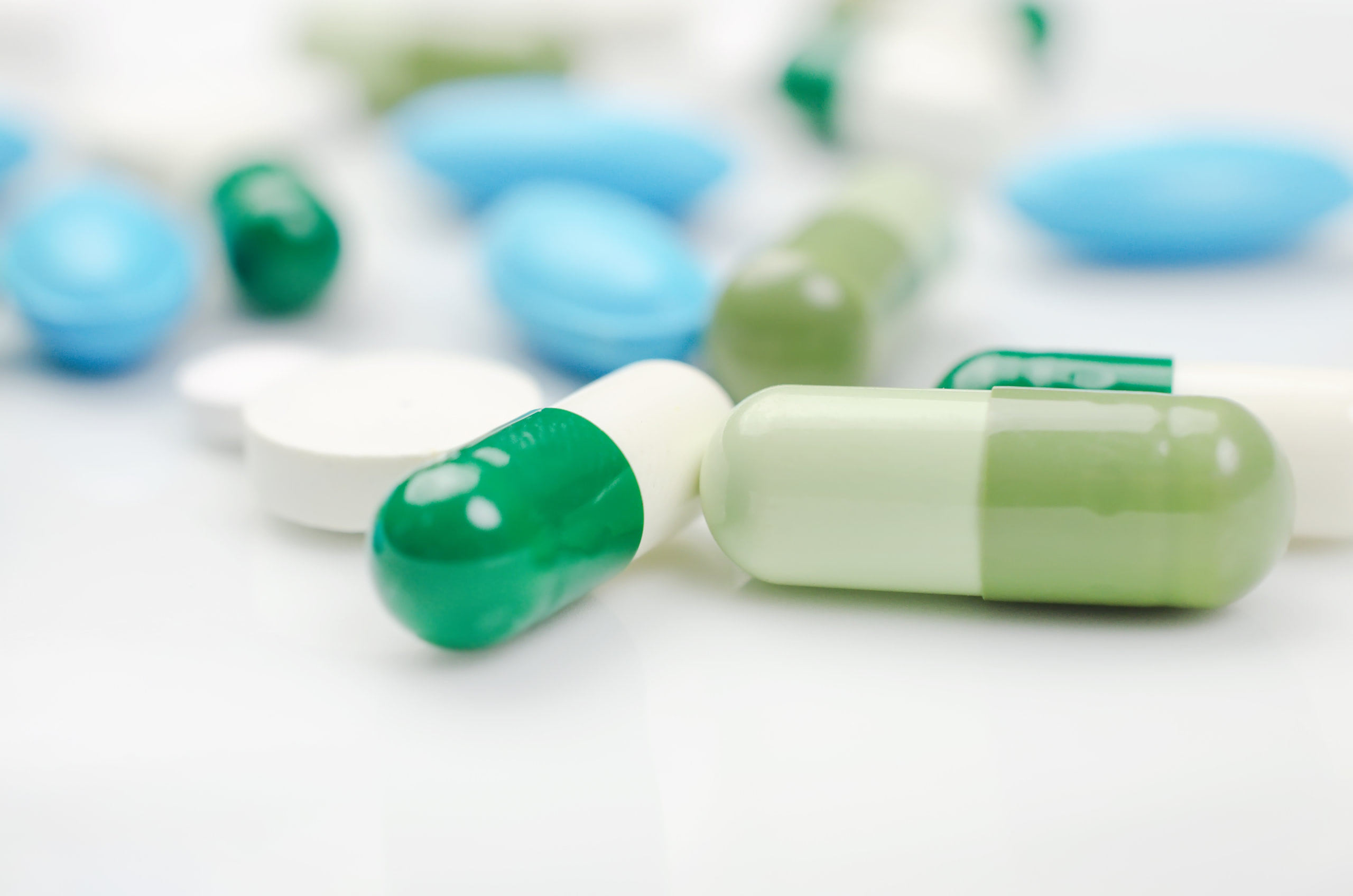BLOG
Knowledge, like food,
is powerful medicine.
Topics
- View Topics
Do you struggle to lose weight? Your microbiome could have something to do with it. A recent study implemented a 3-month lifestyle intervention in 26 overweight and obese adults (aged 18 to 65) and compared weight loss success (defined as losing 5% or more of baseline body weight) with microbial composition. Results showed an association between […]
The secret behind Clostridium difficile strength is uncovered. C. Diff, a harmful bacterial infection that often takes hold after antibiotic exposure and is more common in hospitals, was found to release para-cresol, a special compound that prevents other bacteria from growing. This compound gives C. Diff a competitive advantage and dominance over the intestinal microbiota. PLOS C. Diff affects half a million […]
Along with a balanced gut microbiome, a balanced skin microbiome is THE most important predictor for glowing, blemish-free skin – especially since after your gut, your skin is really your second biggest digestive organ. The beauty industry has convinced us that bacteria on the skin are a no-no and that the best thing to do […]
Because food is such effective medicine, there are very few supplements I actually recommend. But over the last 20+ years of working with patients, I find myself returning to a handful of products that work well with minimal side effects. Ground psyllium husk is one of those. Psyllium is a form of water-soluble plant fiber with […]
Low FODMAPs Diet For SIBO – Is It Worth It? FODMAPs (fermentable oligo-, di-, mono-saccharides, and polyols) are difficult to digest or poorly absorbed sugars. In searching for an elimination diet to treat hives in the 1970‘s, Australian researchers created the beginnings of the low FODMAPs diet. In 2005 the diet was introduced as a […]
Some of the most common questions I get from my patients are: “Should I do a cleanse or detox?” “Will it help improve my symptoms?” “What about my gut heath or my appearance?” Some people rave about the cleansed, glowing feeling they have after a colonic, while others feel dried out and dizzy. Colonic irrigation, hydrotherapy, or colonics all […]
Recently, I’ve been increasing the amount of fibrous vegetables I eat, based on the recommendations I’ve seen here. I’ve also started eating oatmeal again. But I seem to notice Candida flare-ups when I eat too much starch. Should I limit my intake of oatmeal and other starchy foods, such as sweet potatoes? Also, I’ve seen […]
I really enjoy having a drink in the evenings, but I’ve seen a lot of new information about alcohol and its detrimental health effects when consumed at any level. How much should I (or shouldn’t I) drink, and if it’s okay to drink in moderation, what form of alcohol should I choose? -Adam Dr. Chutkan: Adam, I […]
If you think your face cleanser should cost big bucks and wear a long list of unidentifiable ingredients to really work, think again! The best cleanser is one that will help balance your skin microbiome – which means one that addsbeneficial bacteria, not one that scrubs away all your microbes (including the good guys). Too-harsh cleansers […]
When a patient walks into my office, I can see what’s going on with their outer appearance – from skin conditions to hair loss – way more quickly than what’s going on in their digestive tract. But make no mistake – there’s an intimate connection between the two: Studies have found that more than half of […]
Scientists have discovered a key factor in non-alcoholic fatty liver disease (NAFLD) prevention: reducing meat consumption. A recent study looked at the daily dietary habits of 3,882 seventy-year old adults and their liver scans. Scans showed that 34% of study subjects had NAFLD, despite many of them being a healthy weight. Those who were overweight and […]
A new study uncovers evidence that a single course of antibiotics may irreversibly damage important beneficial gut bacteria. Using a computer model based on past studies that looked at how antibiotics affect the microbiome, scientists found that even after 1 year of taking a single antibiotic prescription, overall gut bacteria was less diverse with fewer species. […]

